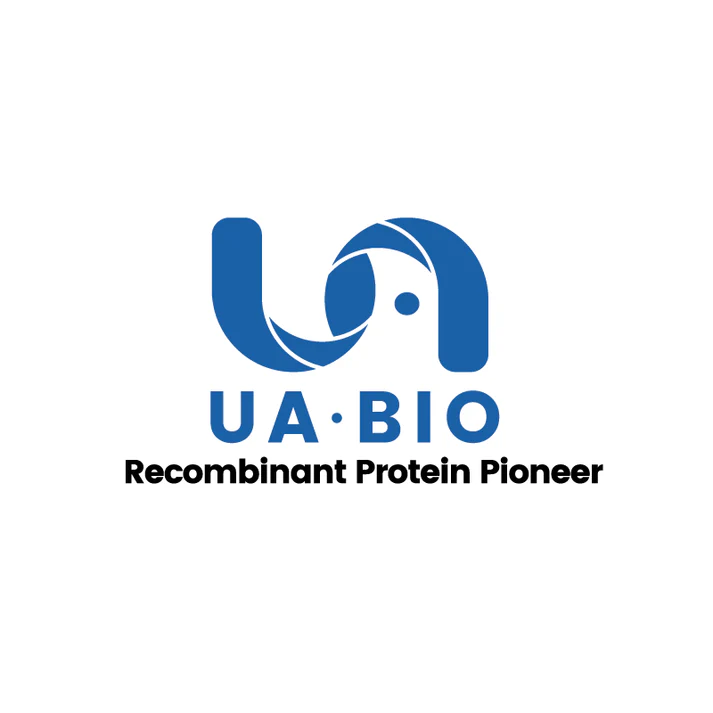2μg (R: reducing condition, N: non-reducing condition).
Product Details
Product Details
Product Specification
| Species | Human |
| Synonyms | C-C motif chemokine 14; Chemokine CC-1/CC-3 (HCC-1/HCC-3); HCC-1(1-74); NCC-2; Small-inducible cytokine A14; |
| Accession | Q16627 |
| Amino Acid Sequence | Thr22-Asn93 |
| Expression System | E.coli |
| Molecular Weight | 8.4 kDa (Reducing) |
| Purity | >95% by SDS-PAGE and HPLC. |
| Endotoxin | <0.1EU/μg |
| Conjugation | Unconjugated |
| Tag | No Tag |
| Physical Appearance | Lyophilized Powder |
| Storage Buffer | 20mM PB, 500mM NaCl, pH7.0 |
| Reconstitution | Reconstitute at 0.1-1 mg/ml according to the size in ultrapure water after rapid centrifugation. |
| Stability & Storage | · 12 months from date of receipt, lyophilized powder stored at -20 to -80℃. · 3 months, -20 to -80℃ under sterile conditions after reconstitution. · 1 week, 2 to 8℃ under sterile conditions after reconstitution. · Please avoid repeated freeze-thaw cycles. |
| Reference | BMC Genomics. 2008 May 15:9:222. |
Background
CCL14, also known as HCC-1, is a chemokine belonging to the CC chemokine family. It is primarily expressed in hematopoietic cells and plays a role in regulating immune responses and inflammation. HCC-1 functions as a chemoattractant for various immune cells, including monocytes, dendritic cells, and lymphocytes, by binding to its cognate receptor, CCR1. This interaction leads to the recruitment of immune cells to sites of inflammation or infection.
In addition to its chemotactic properties, HCC-1 has been implicated in modulating immune cell activation and differentiation. It can influence the polarization of T cells towards specific effector phenotypes, such as Th1 or Th2 cells, by regulating the expression of cytokines and chemokines. HCC-1 is also involved in the regulation of inflammatory responses and has been linked to the pathogenesis of inflammatory diseases.
Overall, HCC-1 plays a crucial role in orchestrating immune cell trafficking and activation, contributing to the regulation of immune responses and inflammation in various physiological and pathological conditions.
Picture
Picture
SDS-PAGE
RP-HPLC
>95% as determined by RP-HPLC.


